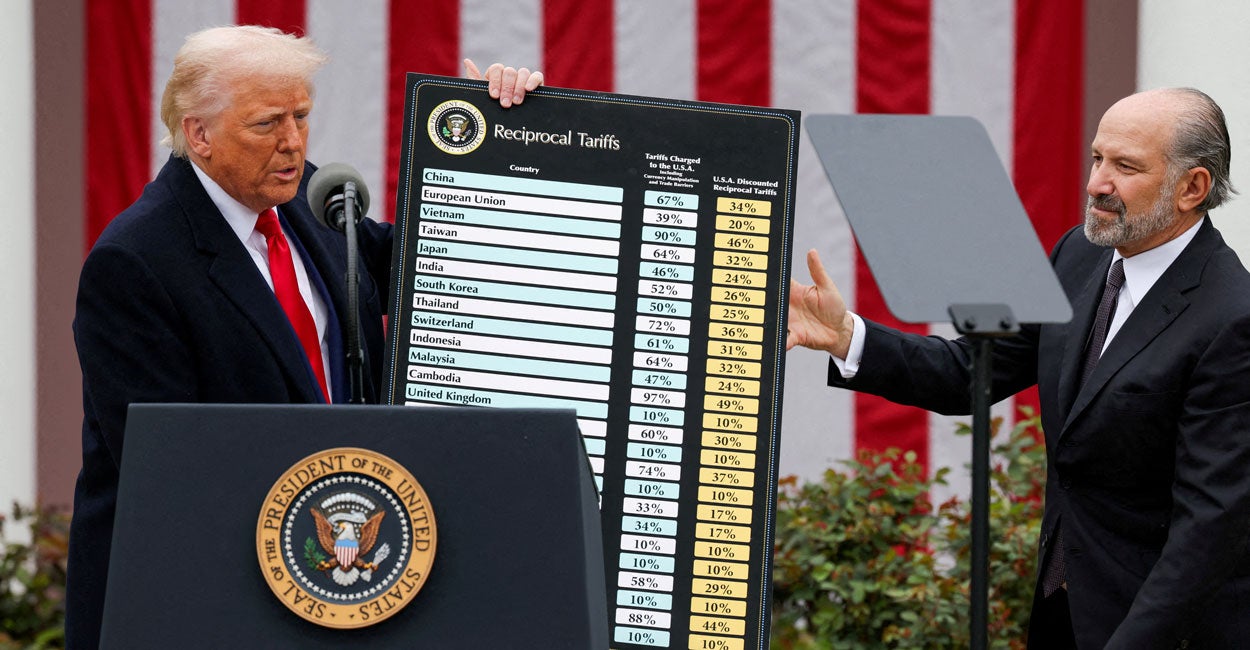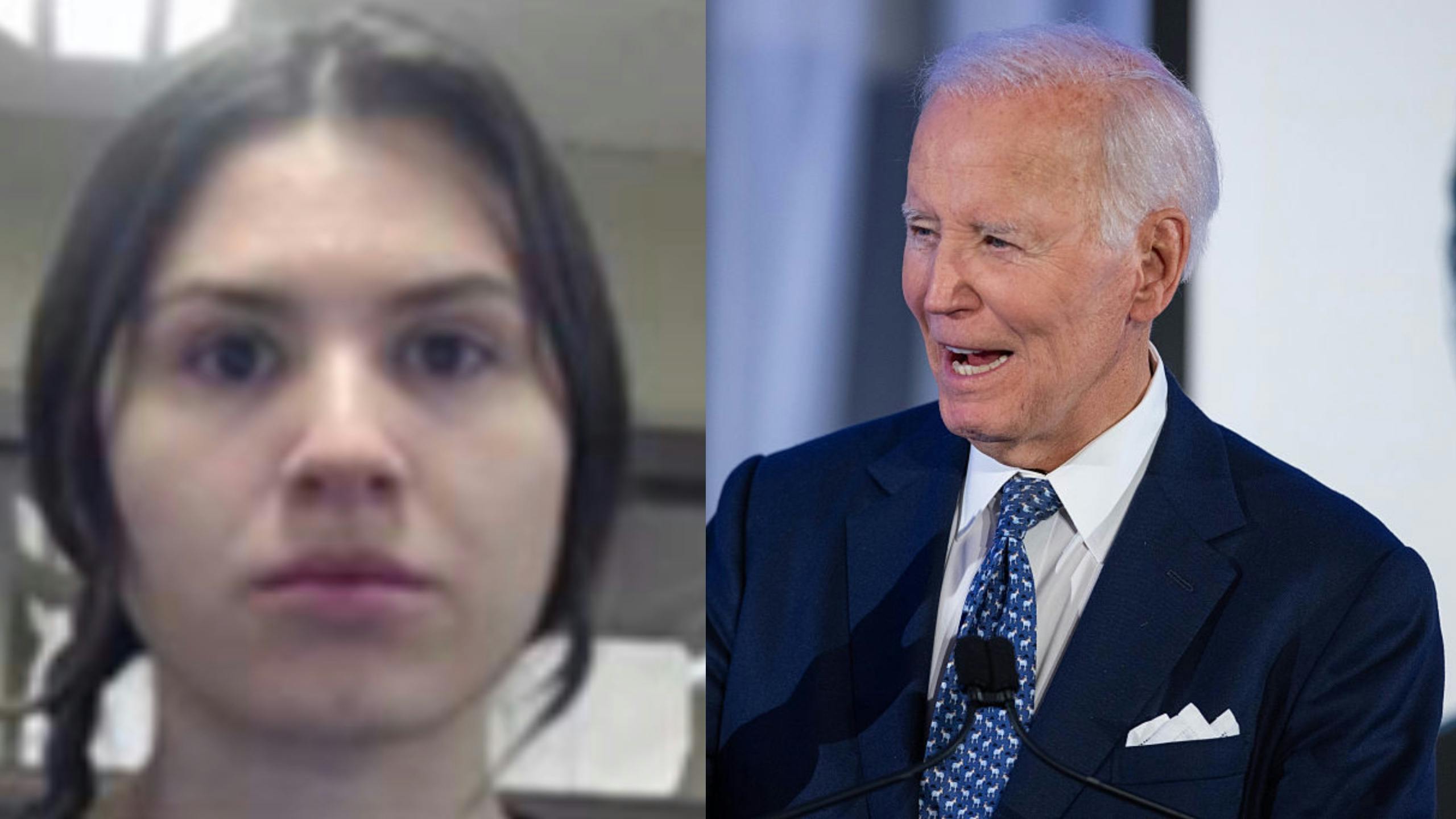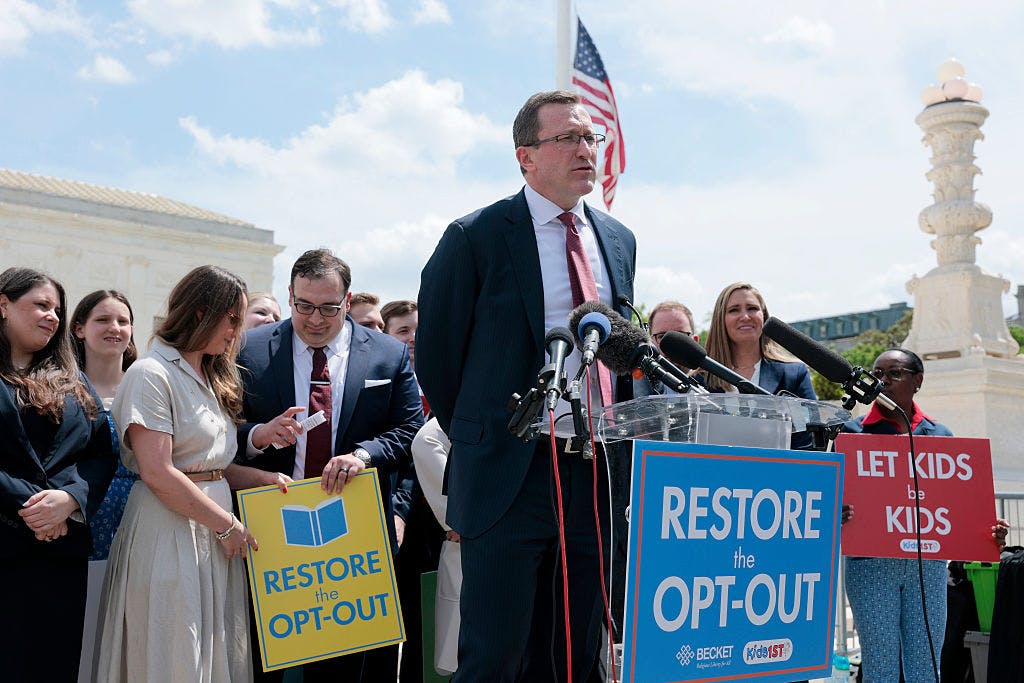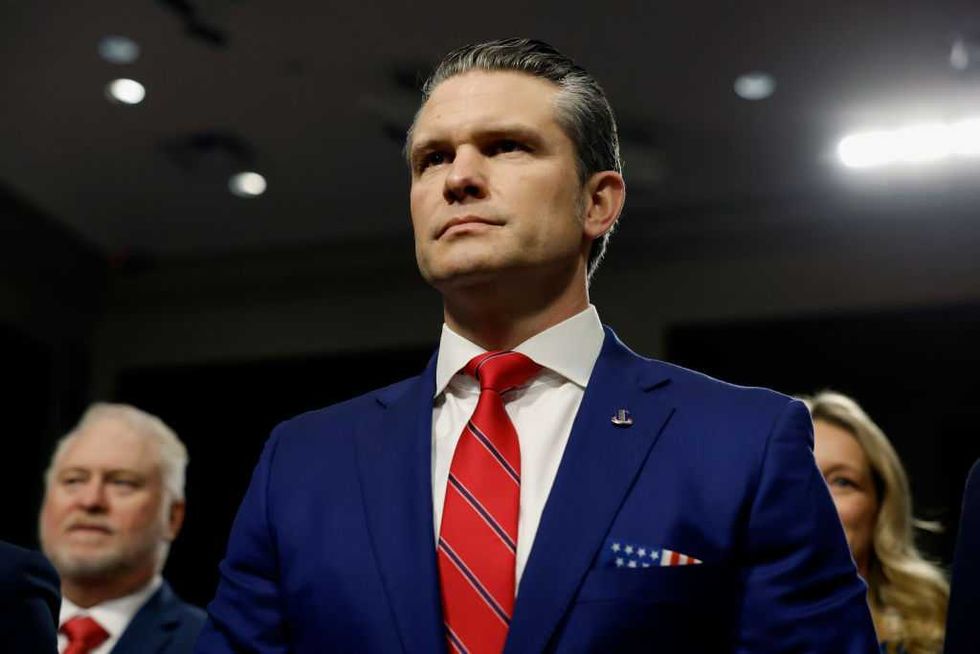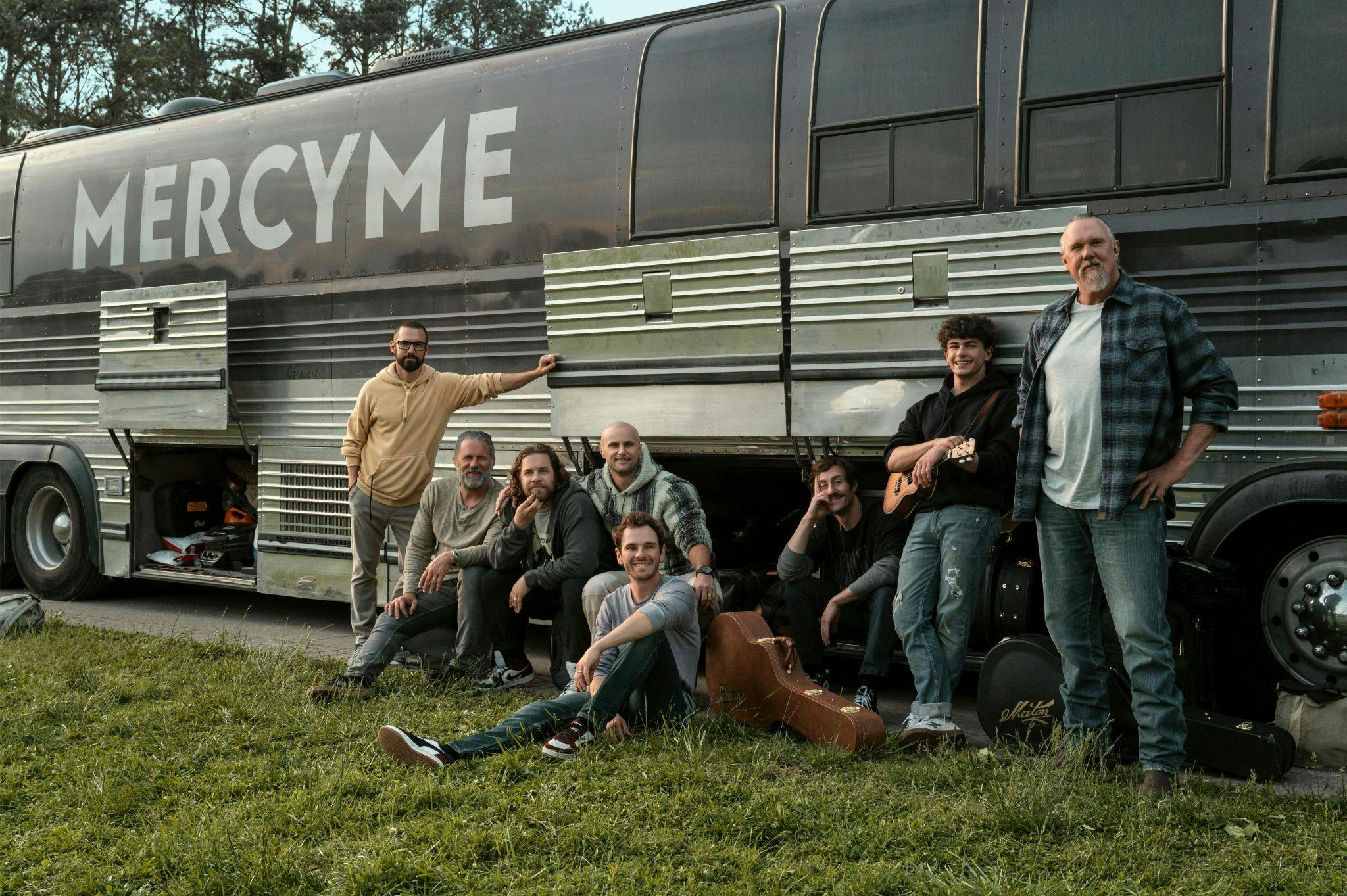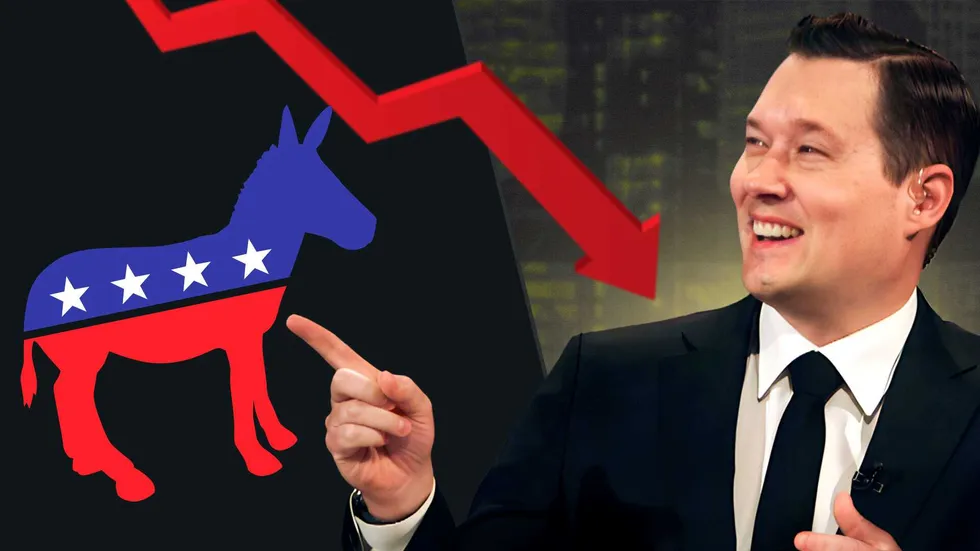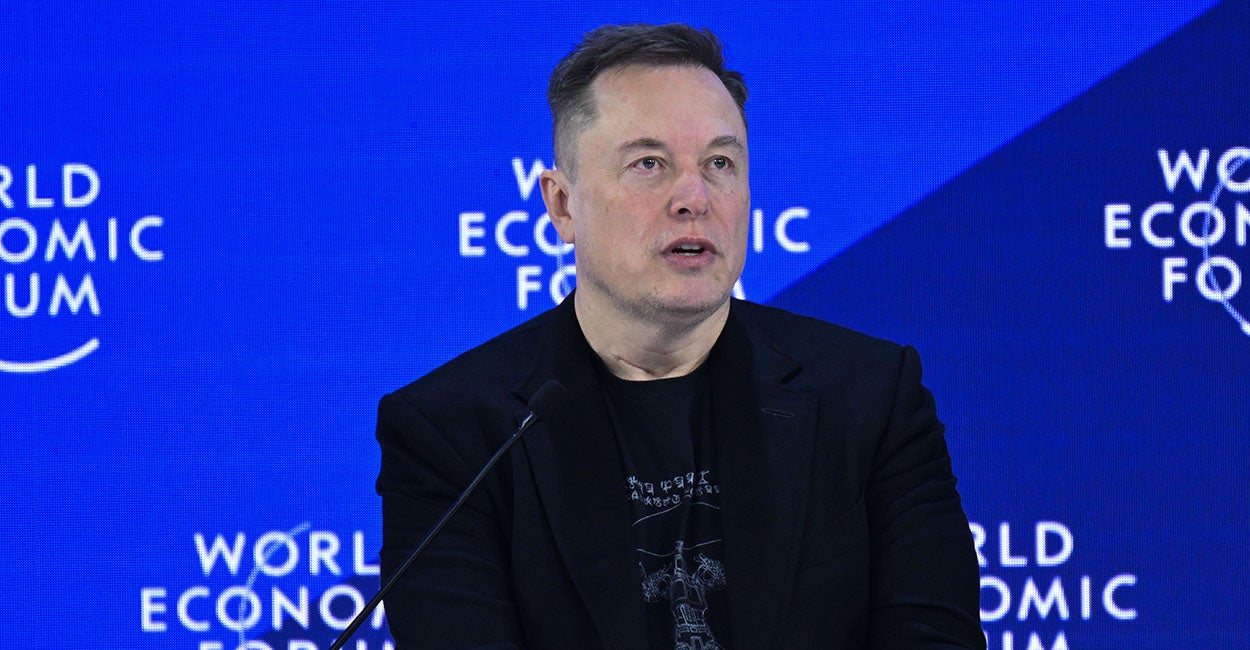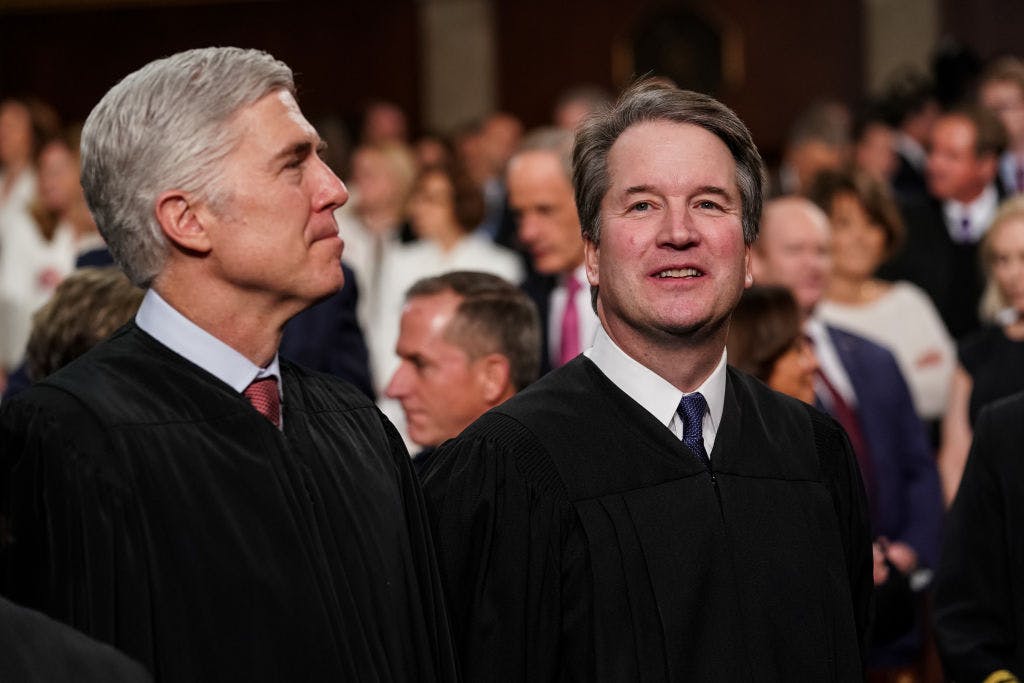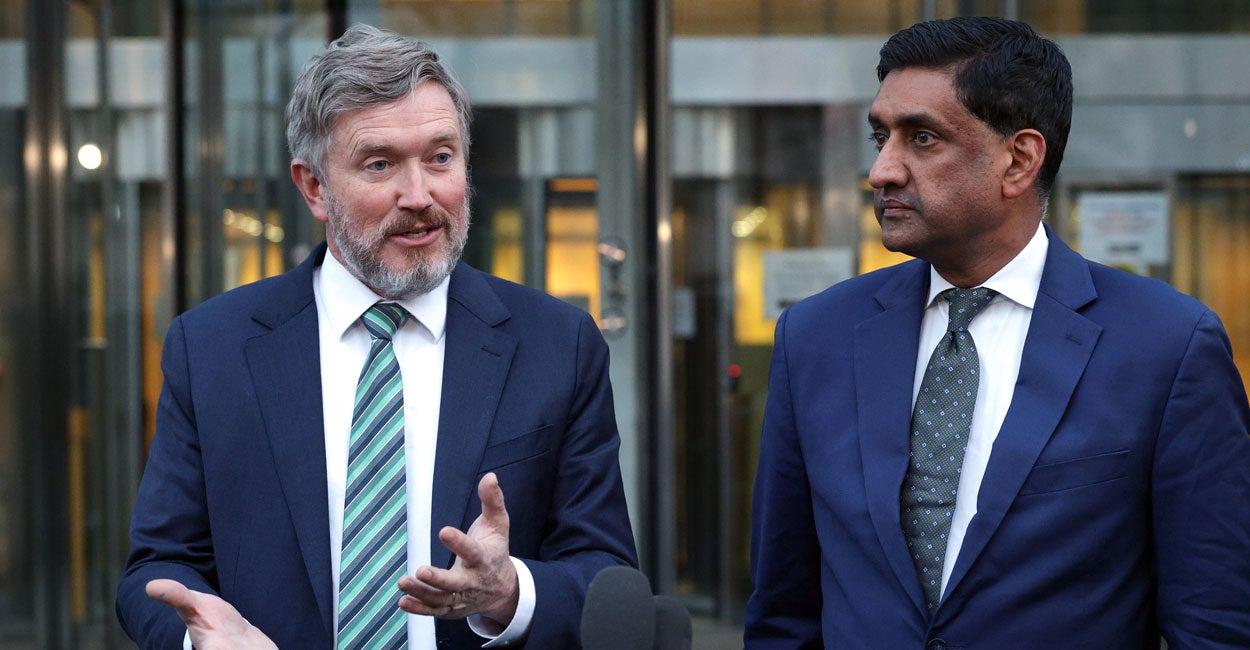Silicon Valley 'Christian' goes viral for chilling AI-Antichrist theory. Should we listen to him?
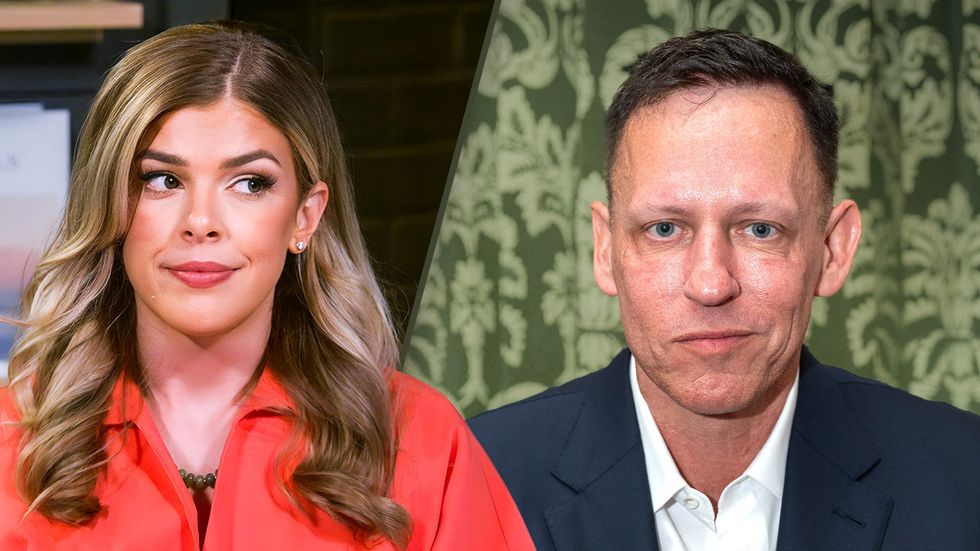
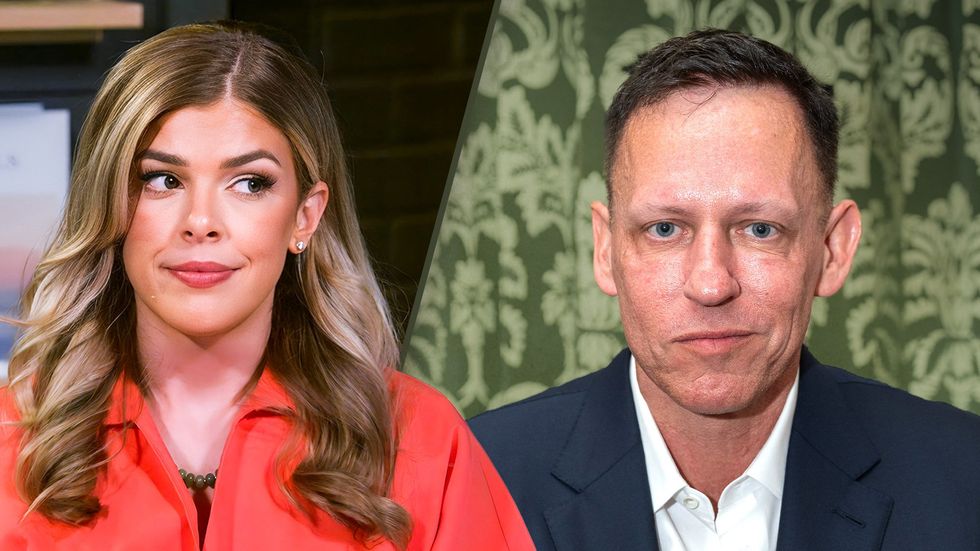
Peter Thiel might be the biggest head-scratcher in Silicon Valley. He’s a billionaire, a Trump-Vance-supporting Republican, a married gay man, a transhumanism enthusiast, and ... drum roll ... a “Christian.”
Live Your Best Retirement
Fun • Funds • Fitness • Freedom
He’s publicly declared that Christianity is true and that Christ is the best role model; he’s deeply involved in various Christian organizations; and yet he’s openly admitted his affinity for transhumanism, believing that the future of humanity is a world where man conquers mortality by fusing with technology. It’s a twisted, human-centric version of the transformed, glorified body Christians are promised after death, says BlazeTV host Allie Beth Stuckey.
Recently Thiel has been in the headlines for his seminars on the Antichrist, which are a bizarre blend of theology and his controversial views on technology and transhumanism. In short, Thiel speculates that Revelation’s beast will be deeply connected to artificial intelligence. Whether a human leveraging AI for control, a pseudo-human system, or an AI-driven global order, Thiel is confident that artificial intelligence will play a key role in the end times.
And he’s not the first to suggest this. The idea that AI and the Antichrist are irrevocably connected — and maybe even synonymous — is a theory that has gained traction in recent years. When you think about it, the proposition isn’t all that crazy. AI’s capacity for global control, deception, economic dominance through digital systems, and false promises of salvation uncannily mirrors Revelation’s description of the Antichrist’s deceptive, totalitarian rule.
Despite Thiel’s theological waywardness, is there merit to his Antichrist warnings? Should we take him seriously?
BlazeTV host Allie Beth Stuckey dove into Thiel’s Antichrist theory on a recent episode of “Relatable.” Her conclusion? It’s complicated.
In an interview with New York Times opinion columnist Ross Douthat on the “Interesting Times” podcast, Thiel described the Antichrist as “a potential systemic threat rather than a literal individual, suggesting it could manifest as a one-world totalitarian state that promises peace and safety but suppresses freedom,” says Allie.
He explained that the Antichrist might weaponize fearmongering about technology’s dangers, like rogue AI, to trick people into accepting a powerful, centralized (likely AI-enabled) authority. In other words, he (or it) would convince the globe that the only way to avoid technology-induced apocalyptic scenarios and ensure safety and peace for all is to consolidate power, including technological power, under a global regime.
But some have noticed a strange incongruence. Thiel co-founded Palantir Technologies, which develops and produces the very types of technology he claims the Antichrist could wield against humanity.
Douthat called him out on this contradiction in their interview. “You're an investor in AI; you're deeply invested in Palantir, in military technology, in technologies of surveillance, in technologies of warfare, and so on, right? And it just seems to me that when you tell me a story about the Antichrist coming to power and using the fear of technological change to sort of impose order on the world, I feel like that Antichrist would maybe be using the tools that you are building,” he said.
Another glaring contradiction is Thiel’s support for transhumanism — the merging of man and machine to achieve immortality. This is, again, the very type of technology he warns could be monopolized and weaponized by the Antichrist.
What gives?
When Allie heard Thiel’s Antichrist theory, her red flag immediately went up. Thiel’s prediction seems to suggest that because the Antichrist will promote “technological stagnation” in order to gather power to himself, the best way to prevent such a scenario is to continue investing and advancing technology — even merging with it.
“It is interesting and maybe questionable that someone who makes a lot of money through technology would say that stopping technological innovation is actually going to, you know, usher in the Antichrist,” she says.
But more importantly, does Thiel’s prediction square with scripture’s accounts of the Antichrist?
The Bible outlines the Antichrist as a "man of lawlessness” (2 Thessalonians 2) who will exercise authority over "every tribe and people and language and nation” (Revelation 13) and eventually declare himself God. He is the evil harbinger of Christ’s second coming.
“So the debate that Peter Thiel is wading into is what is the means by which this person will be able to convince so many people that he is powerful and needs to have all this authority,” says Allie.
“Is it possible that this person uses the threat and the fear of AI-powered Armageddon to gain his power? I would say that is possible. … But is he some kind of metaphor for technological stagnation or climate change or whatever it is? No. [The Antichrist] is an actual man,” she explains.
“I do think it's interesting that Peter Thiel is talking about something like this. I would recommend that he and every single person get right with God.”
To hear more on Thiel’s Antichrist theories and Allie’s thorough analysis, watch the episode above.
Want more from Allie Beth Stuckey?
To enjoy more of Allie’s upbeat and in-depth coverage of culture, news, and theology from a Christian, conservative perspective, subscribe to BlazeTV — the largest multi-platform network of voices who love America, defend the Constitution, and live the American dream.
Originally Published at Daily Wire, Daily Signal, or The Blaze
What's Your Reaction?
 Like
0
Like
0
 Dislike
0
Dislike
0
 Love
0
Love
0
 Funny
0
Funny
0
 Angry
0
Angry
0
 Sad
0
Sad
0
 Wow
0
Wow
0


